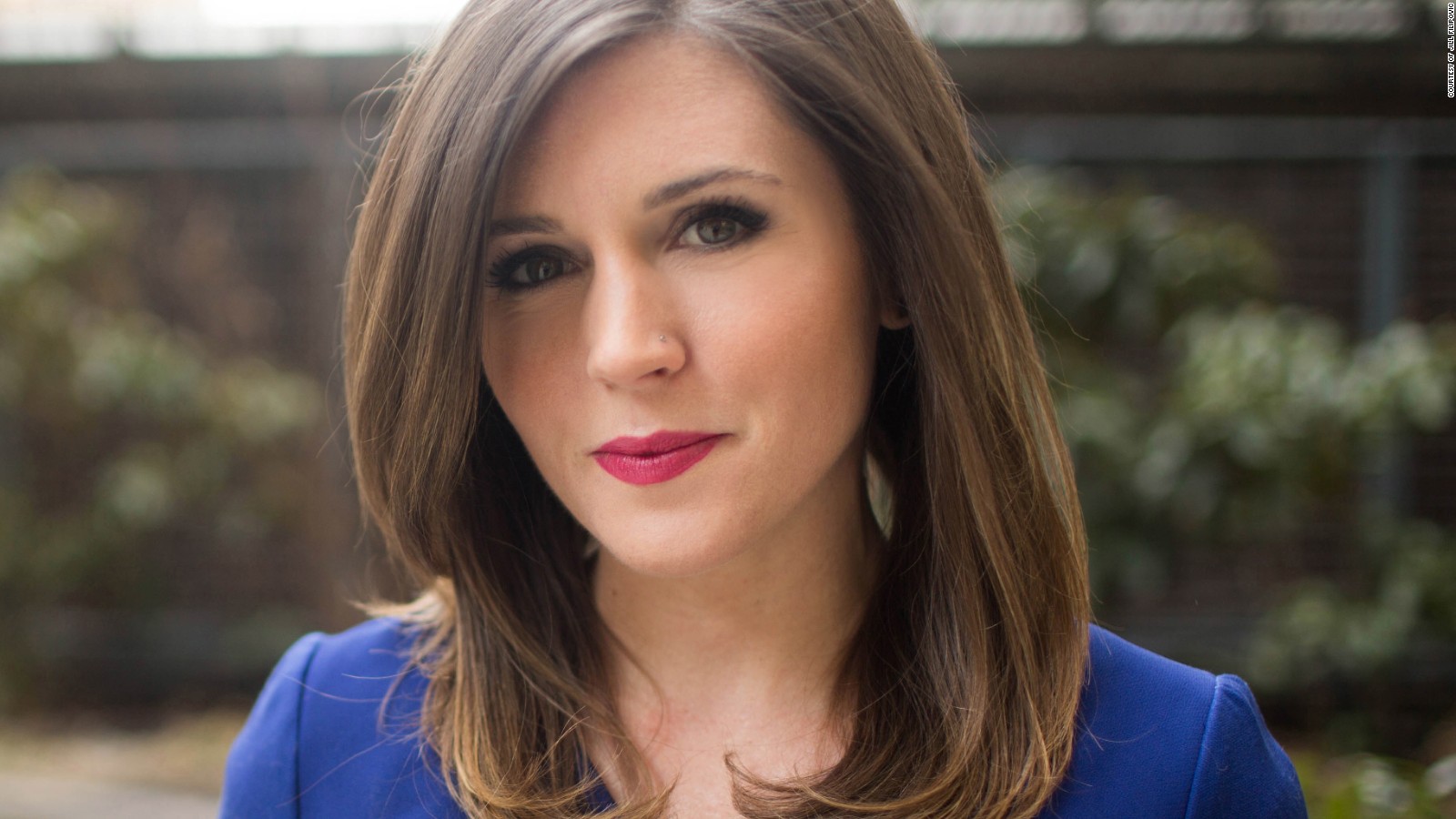This is not the first time Alan Maloney, the white referee who made the controversial call, has been involved in a racist incident. In 2016, a fellow referee confronted him over his use of the n-word during a gathering of sporting officials at a private condominium.
The Buena Regional school board held an emergency meeting on Wednesday night, and Johnson was roundly cheered. The school announced it would not partake in wrestling events Maloney refereed and the civil rights division of the state attorney general's office is also looking into the matter.
Why Maloney was allowed to ref after using a racial slur, though -- even if it wasn't at a sporting event -- remains a big question. Maloney does not seem to have taken real responsibility for that racist insult. He both says he apologized for it and that he doesn't remember saying it. While Maloney said he believes witnesses who claim he used the n-word, he also told the Courier Post he did not see the incident as a reflection of himself. His initial reaction, he said, was, "Yo, that ain't me."
Of course, it was him. But when another referee reported the slur to the New Jersey Wrestling Officials Association, both men initially received a one-year-suspension, according to the Courier Post. The other ref had responded to the slur by throwing Maloney to the ground, and he found himself suspended for assault, the Courier Post reported. Those suspensions were overturned on appeal after the NJWOA ruled that it didn't have jurisdiction over what happened because it took place outside of a sporting event.
After the NJWOA made its decision, Maloney told the Courier-Post, "It was two men, a group of guys, having fun and it was just a slip-up. If you can't see past that, then I don't know what to say. I made a mistake and I apologized for it. And it was accepted."
One would hope that the n-word is on the permanent do-not-say list for white people; if a white person does not regularly utter it, one would think such an exceptional use of the word would be memorable, if only for the shame of it. That Maloney claims he doesn't remember uttering a word that several witnesses overheard tells us one of two things: Either saying that word isn't all that notable for him, or he's lying. In either case, it's inexcusable that a school district allowed a man with a track record of racism to continue exerting any power over the lives of young people -- including, and especially, black boys.
Sadly, though, this is the story of American racism: The bar for being considered intolerably racist is constantly moving, to the point where a white man can call someone the n-word and, as long as he kinda-sorta apologizes, it doesn't prevent him from having power over people of color. This extends far beyond wrestling. Time and again, across the country, people of color have their fates determined by white teachers, professors, coaches, cops, colleagues, superiors, and neighbors who will be quick to say they aren't racist, even though they do often see people of color as inferior to whites.
How is anyone supposed to succeed when those determining your grades, your pay, your worthiness for a job, and even whether you deserve reprieve from deadly force are biased against you -- and refuse to even recognize it? How will this dynamic change if even evidence of explicit racism is met with a shrug?
Everyone makes mistakes. But using a racial slur is clear and unassailable evidence that Maloney is biased against African-Americans. That is directly relevant to his job refereeing wrestling matches. Can a white man who falls back on racist insults in a social altercation treat black boys fairly on the wrestling mat?
Now, as we've seen, the answer is no.
Andrew Johnson showed up to his wrestling match with the same hairstyle he had worn to previous matches without issue, according to his family's attorney Dominic A. Speziali. The National Federation of State High School Associations rulebook states wrestlers must wear a head covering if their hair extends below their earlobes. But Maloney was allegedly late to the meet, and did not raise any issues during the initial evaluation to inspect wrestlers' appearances and equipment, Speziali said.
Maloney later told Johnson his hair and headgear were not in compliance with the rules, according to Speziali. That's why Johnson was forced to make a last-minute decision: Publicly let someone cut his hair off, or forfeit the bout. He agreed to the coerced cut, and then won his match. According to his brother, though, he was crying in the sidelines while his team celebrated their win.
Surely Maloney is humiliated by the attention, and the school district is probably embarrassed as well. Most importantly, though, is the fact that a teenage boy who did nothing wrong -- who, in fact, displayed immense restraint in the face of humiliation -- is now the subject of public focus, when all he wanted to do was wrestle. Even though the public attention has been largely positive, Johnson is a private citizen and a minor. He's a kid who surely would rather be acknowledged for his accomplishments than for this particular moment -- admirable as his behavior was in terrible circumstances.
This all could have been avoided if the NJWOA had removed Maloney from its ranks after the first incident of bigotry. It didn't. Now, it's crucial that he doesn't have the ability to judge young men going forward. But this isn't just about one referee. It's about whose bigotries and bad conduct we overlook -- and who loses as a result.



No comments:
Post a Comment